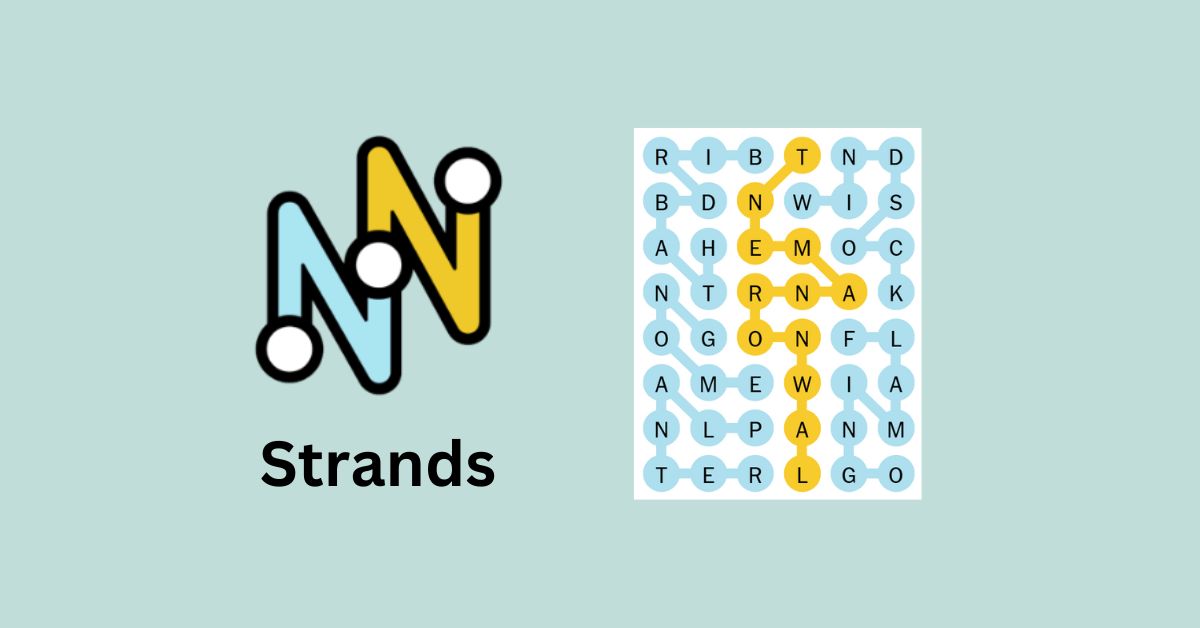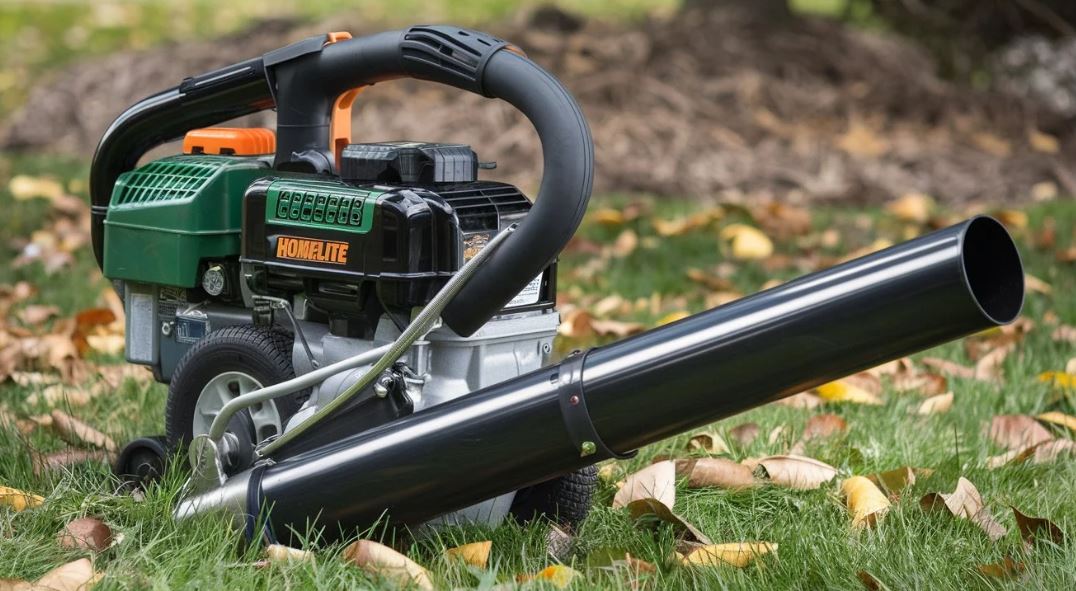
Introduction:
Strands Hint is here to make your NYT gaming experience more exciting and rewarding. If you love Wordle and Spelling Bee, you’ll find Strands equally thrilling, though it can be challenging! Strands requires a mix of quick thinking and clever word connections to succeed, but sometimes, a little nudge is all you need. Here, we’ve gathered the best Strands hints to help you play with confidence, boost your score, and, most importantly, have fun.
Strands Hint isn’t just about finding words; it’s about understanding the game’s patterns and themes. In this guide, we break down useful tips, tricks, and themes you’ll encounter, so every puzzle feels a little more approachable. Let’s dive in and make your Strands game easier and more enjoyable!
What is Strands? An Introduction to the NYT’s New Word Game
Strands is the latest addition to The New York Times’ collection of popular word games. Inspired by the success of Wordle and Spelling Bee, Strands challenges players to connect words based on common themes or ideas. This game is different from a simple word search—it requires you to think about word meanings and connections. Each round has a specific theme, and the goal is to find all the words that match that theme.
Playing Strands is both fun and challenging. The words in each puzzle might seem random at first, but they all relate to a central topic. For example, a theme could be “Time” and the related words might include “second,” “moment,” or “minute.” Understanding how these words fit together is key to winning, and that’s where Strands hints can help you move forward.
If you enjoy brain-teasing games that make you think, Strands is a great choice. It’s fun to play alone or with friends, and it keeps your mind active. So, let’s dive into how you can make the most of Strands hints to improve your game.
Why Strands Hint Can Make All the Difference in Your Game
Using Strands hints can give you an edge, especially if you’re stuck on a tough puzzle. Hints are designed to nudge you in the right direction without giving away the answers. They might suggest a clue about the theme or tell you if you’re close to finding a key word. For many players, these hints make the game more enjoyable and help them learn faster.
Hints are especially useful in puzzles where words are tricky to connect. Sometimes, even if you know the theme, it can be hard to think of all the related words. A good Strands hint might remind you of a word you hadn’t thought of or point out an unusual connection. This way, you get closer to the solution without feeling frustrated.
Remember, using hints doesn’t mean you’re not a good player. Strands is designed to make you think in new ways, and a hint can help you explore different ideas. Over time, you’ll learn to recognize patterns on your own and need fewer hints to succeed.
Top Tips for Finding Strands Hints Easily
If you’re looking for Strands hints, there are a few tricks you can use to find them more easily. The first tip is to pay close attention to the theme. Once you know the theme, think of as many words related to it as possible. This makes it easier to spot words that might fit the puzzle.
Another tip is to try different word variations. For example, if you’re playing a theme about emotions, think of different forms of the same feeling, like “happy,” “happier,” or “happiness.” Sometimes, a hint might appear after you try a few different words.
Also, don’t rush through the puzzle. Take a break if you’re stuck, and come back later with a fresh mind. You’ll often see new connections that you missed before. These strategies will help you find hints more easily and solve puzzles faster.
Strands Hint: Common Themes You Should Know
One helpful strategy for Strands is to learn common themes. Many puzzles have topics that appear often, such as time, nature, emotions, and family. Familiarizing yourself with these themes will give you a head start because you’ll already have ideas for related words. Here’s a list of some common themes to look out for in Strands:
- Time: Words like “second,” “minute,” “hour”
- Nature: Think of words like “tree,” “river,” “sky”
- Emotions: Words related to feelings, such as “happy,” “sad,” “angry”
By recognizing these themes, you’ll be prepared when similar puzzles come up. Plus, understanding common topics makes it easier to spot patterns, which is a big part of solving Strands puzzles.
Essential Strategies for Success with Strands Hints
Success in Strands relies on strategy as much as vocabulary. Here are some essential strategies that can help you get better at the game:
- Start with Simple Words: Begin with easy or obvious words that fit the theme, then look for more complex ones.
- Think Broadly About the Theme: Don’t limit yourself to obvious connections. For example, if the theme is “Nature,” consider animals, plants, and even weather words.
- Use Your Strands Hints Wisely: Hints can help, but don’t overuse them. Try to solve as much as possible on your own to improve your skills.
- Practice Often: The more you play, the better you’ll get at spotting word connections and patterns.
Following these strategies will make each game easier and more fun, helping you improve quickly over time.
Examples of Word Connections in Strands
Understanding word connections is a big part of Strands. For example, if the theme is “Kitchen,” words like “knife,” “spoon,” and “fork” are easy to find. But other words, like “plate” or “bowl,” might not come to mind immediately. By practicing these connections, you’ll improve your puzzle-solving skills.
How to Spot a Spangram: A Key Strands Hint
A Spangram is a special word that spans across different parts of the puzzle grid, giving extra points. Here’s how to spot one:
- Look for Longer Words: Spangrams are usually longer than regular words.
- Check the Grid Pattern: See if the word stretches across multiple rows or columns.
Spangrams can make a big difference in your score, so keep an eye out for them!
Conclusion: Have Fun and Get Better with Strands Hints
Strands is a fun and brain-teasing game that lets you learn while you play. Using hints can help you when you’re stuck, but don’t forget to try solving puzzles on your own too. Each time you play, you get better at spotting connections and finding words that fit the theme. With a bit of practice and patience, you’ll start solving puzzles faster and enjoy the game even more.
Remember, Strands is about exploring words and thinking outside the box. So take your time, use hints wisely, and have fun with each puzzle. Every game is a chance to improve your skills and learn new words. Keep playing, keep learning, and soon enough, you’ll be a Strands expert!







